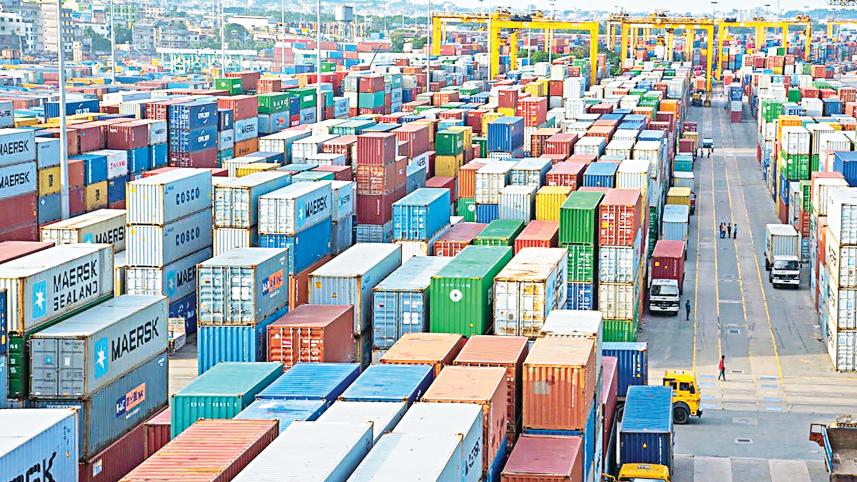NBR toughens up on under-invoicing

The National Board of Revenue has amended the Customs Act, 1969, setting a minimum penalty that is at least double the amount of fine for under-invoicing and ending a five-decade-old system of nominal fines.
The penalty for dodging taxes could be as high as four times the amount owed depending on the extent of the irregularities.
On 20 July, the NBR sent instructions to the 21 customs stations in the country for implementing the amendment.
As a result, the total number of false declarations dropped off soon after the amendment came into effect at the beginning of August, officials said.
The new rules will help reduce the prevalence of irregularities, much to the inconvenience of certain dishonest importers and corrupt customs officials.
As per Section-157 of the Customs Act, 1969, importers could be fined up to 300 per cent of the evaded tax if found to have provided false information.
Since a minimum fine had not been set, unscrupulous importers got away with what could be considered a slap on the wrist for their actions over the past 50 years.
Between July 2015 and December 2019, 6,110 consignments were found to have been misquoted and the importers were duly fined, showed data from the Custom House of Chattogram.
The customs authorities collected Tk 655 crore in evaded tax. But importers were fined just Tk 260 crore, which was 36 per cent of the undeclared revenue, for causing such irregularities.
"Importers will pay between two to four times the value of evaded tax as a penalty if we find any false information about consignments," Nur-e-Hasna Ansuya, assistant commissioner at the Custom House of Chattogram, told The Daily Star.
As the previous law made no mention of a minimum fine, most importers guilty of under-invoicing were let off upon payment of 30 to 40 per cent penalty, she said.
The minimum fine of 200 per cent will deter dishonest importers from making false declarations, Ansuya added.
The association and importers do not object to the new fines given that they will only be levied on those who consciously declare false information with the intent to dodge taxes, said Altaf Hossain, general secretary of the Clearing and Forwarding Agents Association.
"However, we request the NBR to make consideration for unintentional mistakes in the documentation," he added.
Irregularities in the information provided by importers can be determined to be unintentional or otherwise by closely examining import documents, said Syed Golam Kibria, NBR member for policy.
If a product description matches the Import General Manifest and Bill of Entry but the harmonised system (HS) code is different by mistake, then there is a chance to correct it without imposing any penalty.
Fines will only be slapped when officials find different or extra goods that were undeclared, he said.
Customs duty is one of the biggest sources of revenue for the government.
In fiscal 2019-20, customs duty fell about 4.5 per cent to Tk 63,382 crore on the back of a crash in imports because of the coronavirus pandemic. The NBR missed the import duty target by 28.95 per cent.




 For all latest news, follow The Daily Star's Google News channel.
For all latest news, follow The Daily Star's Google News channel.
Comments